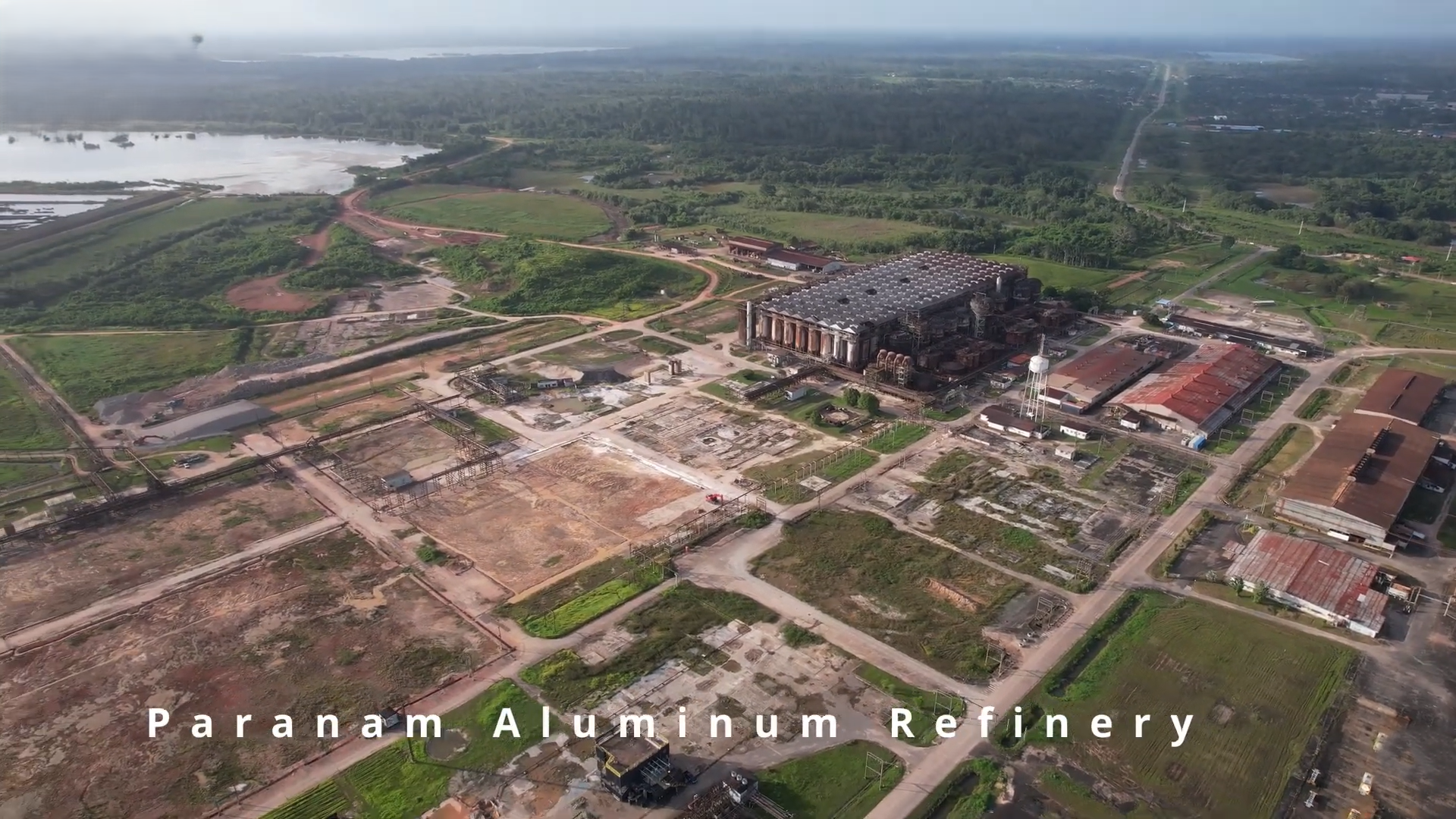

Suriname is one of those countries that quietly sits on the world map, half-hidden under a canopy of forests, rivers and rain-soaked roads that rarely make it to global headlines. Yet at one point in the twentieth century, this small nation punched far above its weight in the aluminium value chain. Ask anyone old enough in Paramaribo and they’ll tell you how bauxite once shaped Suriname’s identity just as much as its rivers and rainforest. The irony is that today, those same forests and the difficulty of reaching its interior have become the very reasons investors hesitate.

Image source - Drone Suriname by Max Breinburg
Explore- Most accurate data to drive business decisions with 50+ reports across the value chain
Even now, when you fly into Suriname, you can almost sense the potential explored aptly can turn to reality. The country has 93 per cent of forest, with a population just over 600 thousand, and nearly everyone gravitates toward Paramaribo because the country’s heartland is simply too hard to reach.
For an industry like bauxite mining, which feeds on infrastructure and accessibility, this isolation is both a charm and a curse. Suriname knows this too well because it has lived through its rise, its fall and now glimpses the flicker of a second chance.
That flicker arrived last November when Chinalco stepped forward with a promise of a USD 426 million investment into Suriname’s bauxite industry. It wasn’t the first time Asia’s interest had floated into the country, as India and China were already circling the idea a year before.
But this was the first concrete number on paper. The optimism was tempered, of course, because Suriname has seen many proposals come and go since the 1970s. Identifying new bauxite regions is one thing, but the quality of the material has mattered in numerous previous efforts. Besides, building transport corridors, reviving an ageing harbour and reconstructing a railway buried under decades of abandonment is another. Yet the conversation around this deal feels different, almost as if the country is being pulled back into the aluminium orbit it once dominated.
Responses








